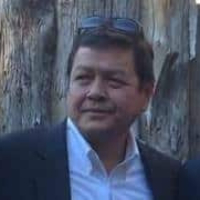Birds Landing Misdemeanor Lawyer, California
Darrell G. Griffin
✓ VERIFIEDDUI-DWI, Misdemeanor, Felony, Criminal
Darrell started in private practice in civil law, but quickly realized a different passion. He was a prosecutor for many years. As the Department le... (more)
Jo-Anna Marie Nieves
✓ VERIFIEDCriminal, Felony, DUI-DWI, Misdemeanor, White Collar Crime
Armed with considerable experience working for the District Attorney in Sacramento, CA and her voluminous representation of large corporate clients in... (more)
Richard Thomas Dudek
✓ VERIFIEDCriminal, Felony, Misdemeanor, White Collar Crime, DUI-DWI
Certified Criminal Law Specialist
Richard Dudek knows the Sacramento courts, procedures and prosecutors. Our highly skilled defense team includes licensed private investigators who use... (more)
FREE CONSULTATION
CONTACTJames Murray Warden
Military & Veterans Appeals, Misdemeanor, Felony, Criminal
Status: In Good Standing Licensed: 36 Years
FREE CONSULTATION
CONTACTFREE CONSULTATION
CONTACTJoseph Patrick Hougnon
DUI-DWI, Personal Injury, Felony, Misdemeanor
Status: In Good Standing Licensed: 28 Years
FREE CONSULTATION
CONTACT



